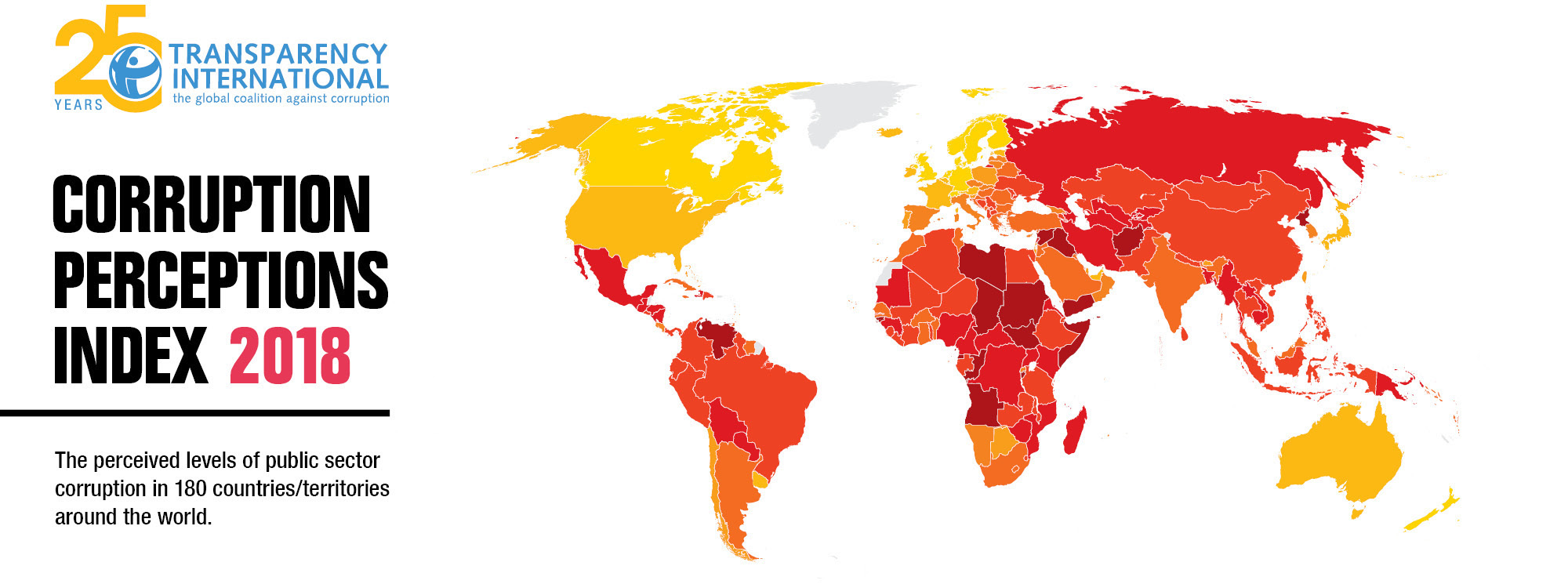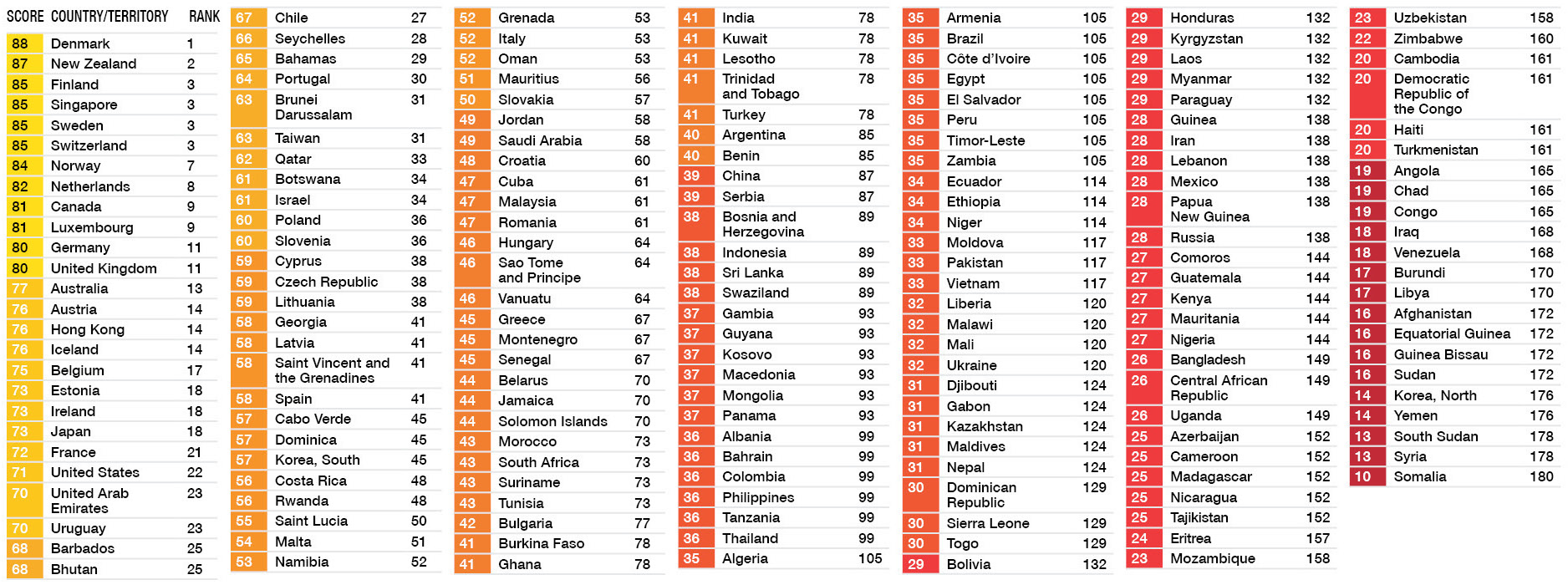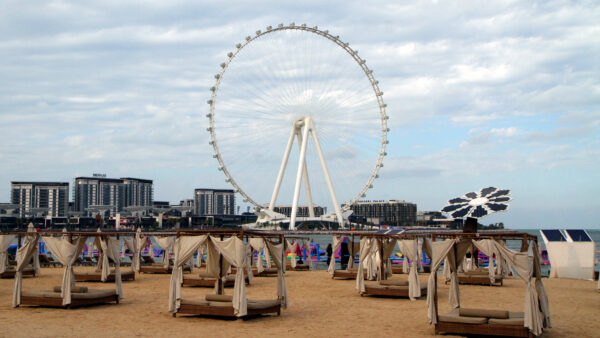Most countries around the world are making little or no progress in the fight against law breaking by public sector bodies, and the result is a crisis of confidence in democracy, according to anti-corruption watchdog Transparency International (TI).
Every year, TI publishes a Corruption Perceptions Index, which ranks 180 countries on a scale of 100 (very clean) to zero (very dirty), according to how corrupt their public institutions are thought to be.
For the third year running, the top seven countries consist of the four Nordic nations – Denmark, Finland, Sweden and Norway – along with New Zealand, Singapore and Switzerland. All score between 84 and 88 points out of 100. All have strong institutions, a culture of lawfulness and advanced economies.
The index measures bribery, diversion of public funds, conflicts of interest and other forms of corruption. However, it does not measure money laundering, which has long been a concern in Switzerland, and has been a scandal in Denmark last year, with some $230bn of “questionable” funds flowing through Danske Bank’s Estonian branch, linked to corruption in Russia and Azerbaijan. Â
This year, more than two-thirds of countries score below 50 on this year’s CPI, with an average score of just 43. Only 20 countries have significantly improved their scores over the past seven years, including Estonia, Senegal, Guyana and Côte D’Ivoire. On the other hand, 16 countries have significantly decreased their scores, including Australia, Chile, Malta, Hungary and Turkey. Â
TI selected three “countries to watch” based on this year’s data:
- With a score of 71, 10 points below Canada, the US lost four points since last year, dropping out of the top 20 for the first time since 2011. TI comments: “The low score comes at a time when the US is experiencing threats to its system of checks and balances as well as an erosion of ethical norms at the highest levels of power.”Â
- Brazil dropped two points to 35, also earning its lowest score in seven years. Alongside promises to end corruption, Jair Bolsonaro, the country’s new president has “made it clear that he will rule with a strong hand, threatening many of the democratic milestones achieved to date”, TI said.
- With a score of 59, the Czech Republic increased two points since 2017 and eight points since 2014. However, events in the past year suggest gains may be fragile. The prime minister has been found guilty of conflict of interest in relation to his media holdings and accused of another conflict of interest over connections to a company that has received millions of euros in EU subsidies.


TI’s full rankings
This year, 113 of the countries examined recorded a lower score than they did in 2017 for their degree of democracy. This risks beginning a slide in social justice, since there is a strong correlation between open democratic institutions and low levels of corruption: no democratic country has a corruption score of less than 50, whereas very few non-democratic polities has a score above 50.
Patricia Moreira, the managing director of TI, commented: “Corruption chips away at democracy to produce a vicious cycle where corruption undermines institutions and, in turn, weak institutions are less able to control corruption.”
Alongside this is a global trend away from democracy and towards demagoguery: populist leaders who gaining power by adopting increasingly strident nationalist rhetoric. And despite TI’s claim that 40% of populist leaders “are indicted on corruption charges”, many are running on anti-corruption platforms.
Top image: TI’s big picture of corruption around the world
Further reading:






